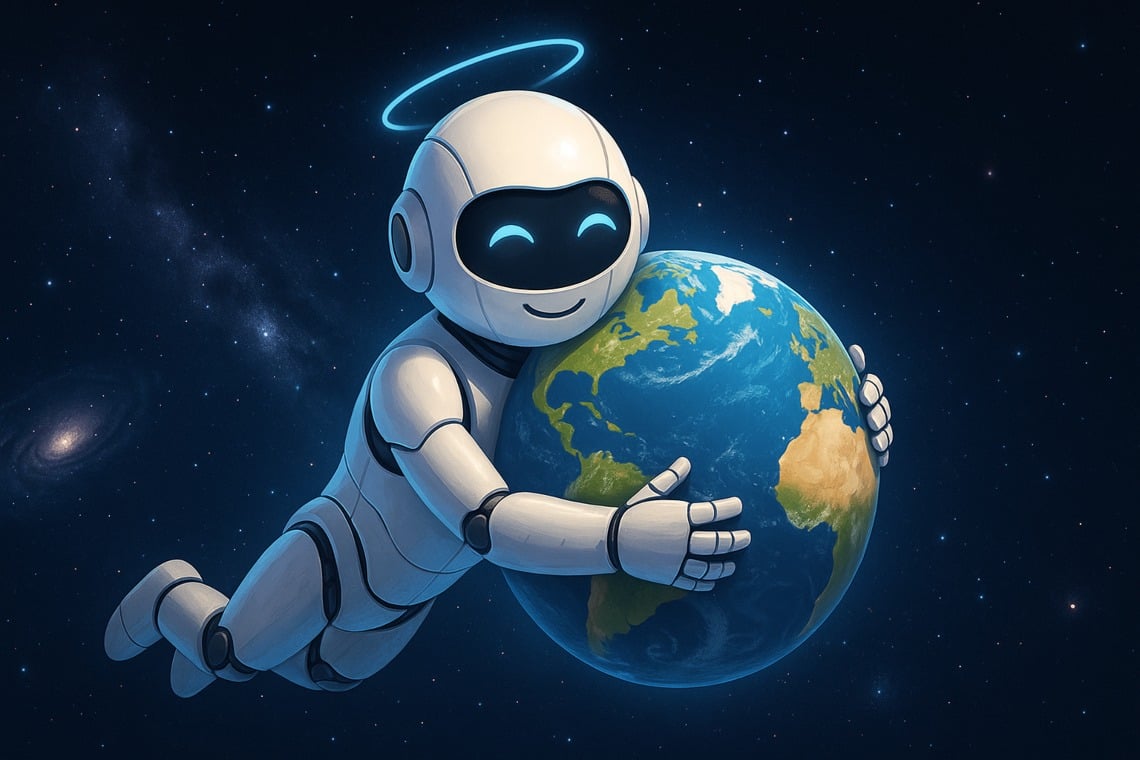Among the many wonders discussed during the AI Week 2025, one of the most powerful is perhaps also the simplest: accessibility, meaning that today anyone can access artificial intelligence.
We are not talking only about new technologies, but about a true cultural, social, and economic paradigm shift.
AI has broken down historical barriers related to skills, income, and geography, making itself available to millions of people around the world.
In this article, we explore why accessibility is the key to the AI revolution and what its global implications are.
AI is no longer just for experts: accessibility within everyone’s reach
One of the most iconic moments of the AI Week was: “The most powerful programming language in the world today is English.” This means that, with a simple sentence, anyone can:
- Create code
- Generate immagini, video, audio
- Automate complex processes
Years of technical study are no longer needed. It’s enough to know how to communicate in natural language.
Technology has adapted to humans, no longer the other way around. Conversational interfaces and intelligent assistants have opened the door to a new generation of users, even those completely lacking technical training.
Democratization of knowledge and productive means
With a simple device and an internet connection, today anyone in the world can:
- Conduct research with tools like NotebookLM
- Create content with generative AI like ChatGPT or DALL·E
- Develop business, automate processes, and launch digital products
This change strongly impacts:
- Education in emerging countries, where there is a lack of school facilities but there is access to mobile
- Professional training at low cost, thanks to AI tools available online
- Digital inclusion for the elderly, migrants, and disadvantaged communities
AI is becoming a global social elevator, capable of creating opportunities wherever there is connectivity.
Overcoming inequalities with technology: intelligence for everyone
For decades, digital innovations have been the privilege of:
- Those who had economic resources
- Those who lived in technologically advanced countries
- Who could afford specialized training
Today, thanks to AI:
- Anyone can learn, create, design, and innovate
- Access costs have drastically decreased
- The opportunities are potentially unlimited
It is not just a matter of tools, but of access to human potential. If in the past inequality was also cognitive and technological, today AI opens a scenario in which anyone can express their creativity and competence, without constraints of place or status.
Examples of positive impact
- Youths in Africa developing apps with AI without knowing code
- Digital artists who use generative tools to create unique works
- Small companies that automate marketing, logistics, and customer support
The cultural challenge of the global adoption of AI: accessibility is not only technical, but mental
During AI Week, it was clear that the true adoption of AI is not just a technological issue, but above all a cultural one. An educational, social, and regulatory ecosystem is needed that:
- Spread basic digital skills
- Promote an ethical and responsible use of artificial intelligence
- Guarantees balanced and secure access even for the most vulnerable groups
AI must be understood, taught, and disseminated. Only in this way can it truly serve the common good.
If AI is for everyone, it must become a collective heritage
Artificial intelligence has the potential to become the most powerful lever of equality of our era. But for this to happen, a joint commitment is necessary: from governments, schools, businesses, and media.
We no longer need to ask ourselves “if” we can use AI. We need to start asking ourselves: why not?
If AI can truly improve lives, expand opportunities, and democratize knowledge, then it must be made available to everyone, in every corner of the world.
